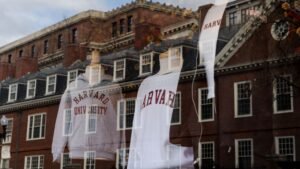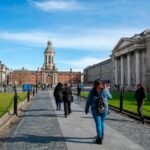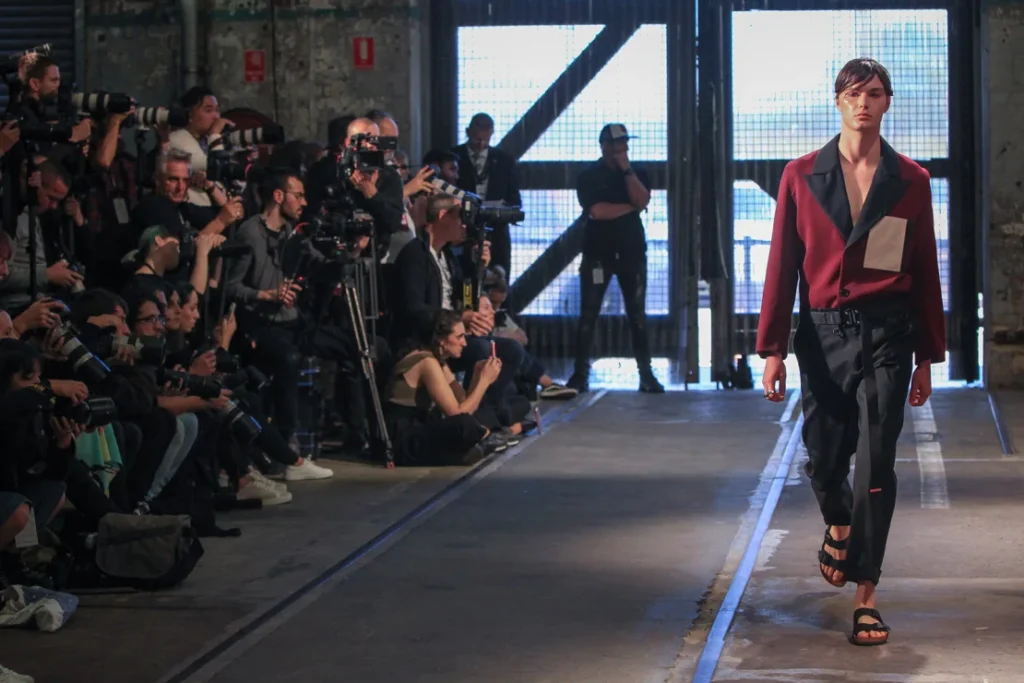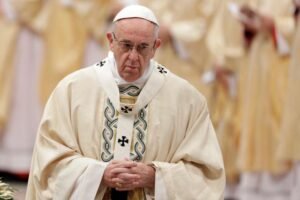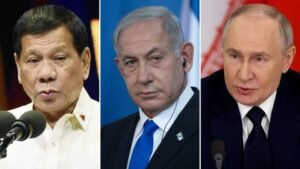Today:
Wednesday, April 23 2025
What are You Looking For?
Trending News
Flash Story
 Harvard’s fight with the Trump administration is just getting started. The cost is already high
Harvard’s fight with the Trump administration is just getting started. The cost is already high
 He was the first player ever to be drafted in the NFL, but he never played a professional game
He was the first player ever to be drafted in the NFL, but he never played a professional game
 Jannik Sinner doesn’t ‘deserve any of the hate’ as he nears return from doping ban, says Jack Draper
Jannik Sinner doesn’t ‘deserve any of the hate’ as he nears return from doping ban, says Jack Draper
 LA Lakers level first-round series against Minnesota Timberwolves behind big Luka Dončić performance
LA Lakers level first-round series against Minnesota Timberwolves behind big Luka Dončić performance
 The pope called them every night until his final hours. Now, Gaza’s Christians cling to the hope he left behind
The pope called them every night until his final hours. Now, Gaza’s Christians cling to the hope he left behind
Editor's Picks
Main Story
Trending Story Now
About The Author

USA Independent
USA Independent is a cutting-edge digital news portal dedicated to delivering reliable, unbiased, and up-to-the-minute news to readers across the United States and beyond. Established with the mission of fostering transparency and informed public discourse, USA Independent covers a wide range of topics, including politics, business, technology, culture, health, and global affairs.
